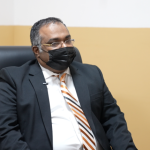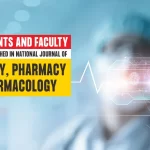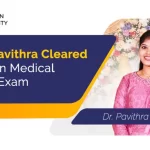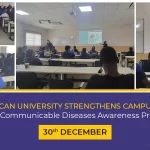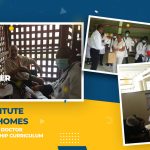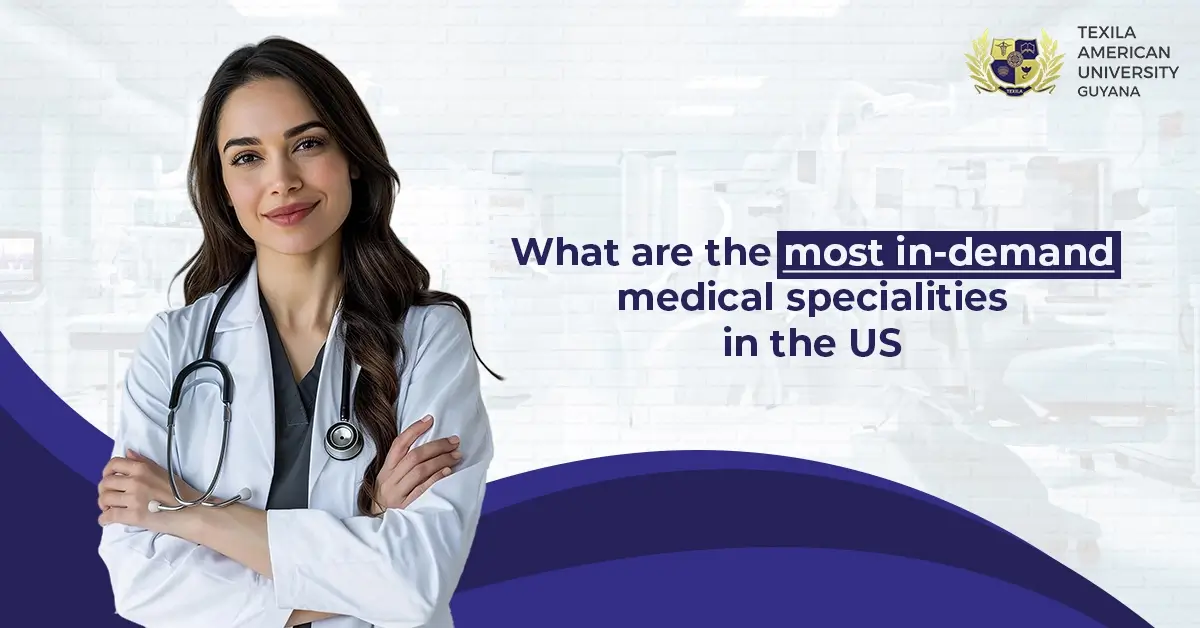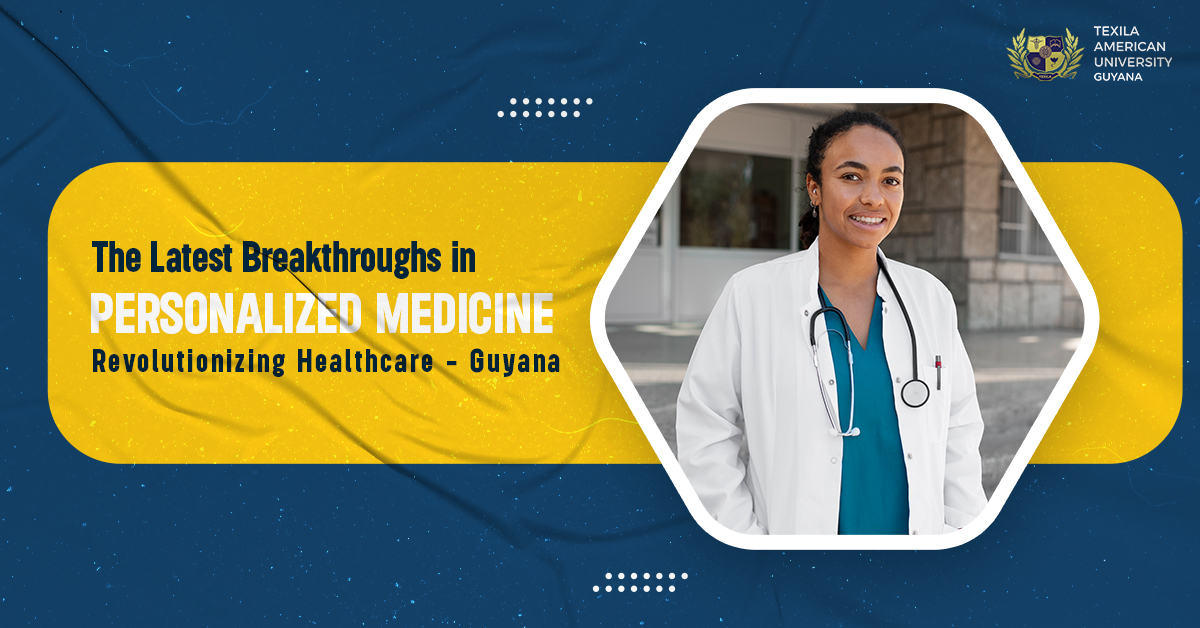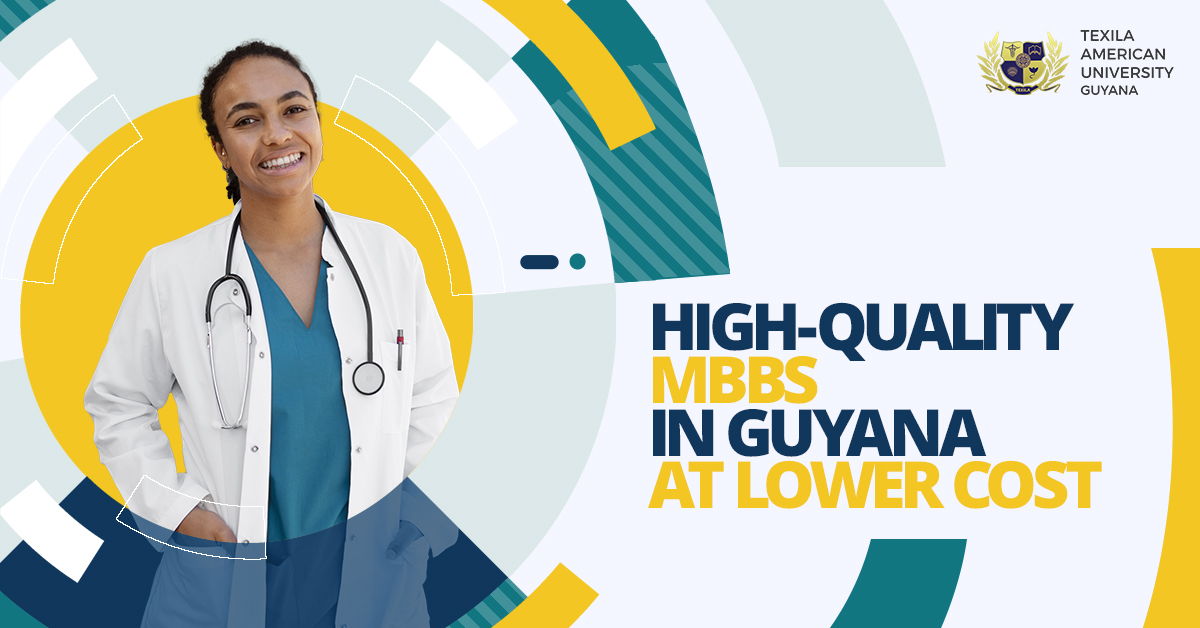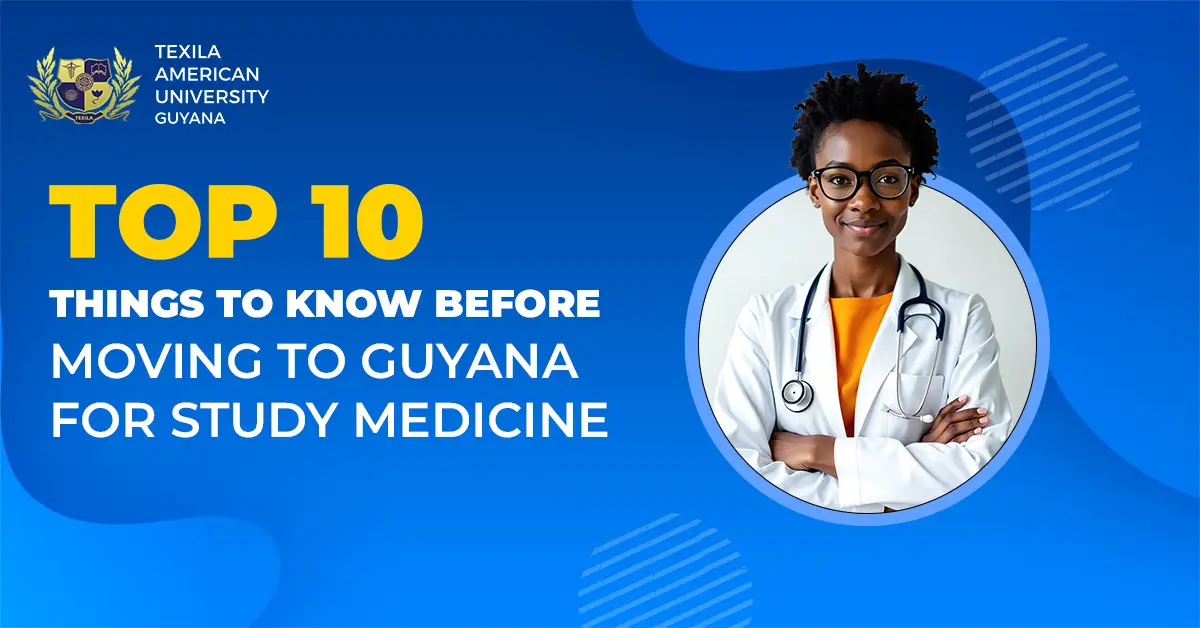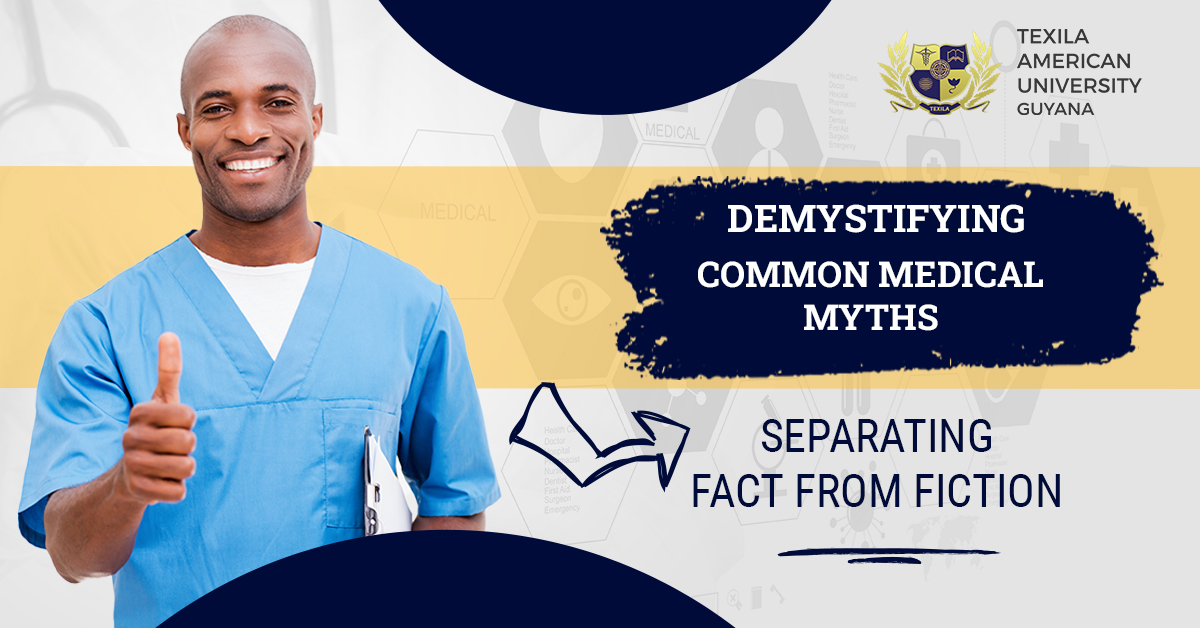Blog Summary
- Exposure to Advanced Healthcare Systems
- Diverse Clinical Experiences
- Networking and Professional Development
- Enhanced Residency Opportunities
- Development of Soft Skills
- Understanding of Global Health Perspectives
- Access to Cutting-Edge Research and Innovations
- Cultural Immersion and Personal Growth
- Conclusion
- About Texila American University's Clinical Rotations
For students attending accredited Caribbean medical schools, this journey often includes an invaluable component that sets them apart: U.S. clinical rotations. These rotations offer a unique blend of high-quality medical education, exposure to diverse patient populations, and the opportunity to learn within some of the most advanced healthcare systems in the world. It’s a privilege that not all medical students have, and it’s a unique opportunity to gain a global perspective in healthcare.
But how do these U.S. clinical rotations give Caribbean medical students an edge? Let’s go into the wide range of benefits that make attending an international medical school, such as Texila American University College of Medicine (TAUCOM), a unique experience.
Exposure to Advanced Healthcare Systems
One of the most significant advantages of U.S. clinical rotations is the exposure to state-of-the-art medical facilities and technologies. Hospitals like the Tucson Medical Centre (TMC) in Arizona provide an environment where students can familiarize themselves with the latest medical equipment and procedures. TMC is renowned for its excellence in patient care and medical education, holding designations as a Neuroscience Centre of Excellence, a Primary Stroke Centre, and an accredited Chest Pain Centre. This exposure enhances students’ technical skills and prepares them to operate effectively in high-tech medical environments—a crucial competence in today’s rapidly evolving healthcare landscape.
Diverse Clinical Experiences
The U.S. healthcare system serves a diverse population, presenting medical students with various clinical scenarios. During rotations at institutions like TMC, students encounter patients from multiple cultural, socioeconomic, and ethnic backgrounds. This diversity enriches their clinical experience by broadening their understanding of different health conditions and how they manifest across populations. It also enhances their cultural competence, a vital skill for healthcare professionals aiming to provide equitable care in a globalized world.
Networking and Professional Development
U.S. clinical rotations offer unparalleled networking opportunities. Students work alongside experienced medical professionals, including attending physicians, residents, and fellow leaders in their respective fields. These interactions can lead to valuable mentorship relationships, letters of recommendation, and future job opportunities. Being part of a network that includes professionals from ACGME–accredited programs significantly boosts a student’s professional credentials.
Enhanced Residency Opportunities
Securing a residency position is a critical step for any medical graduate. U.S. clinical rotations can significantly enhance a Caribbean medical student’s competitiveness in the residency match process. Familiarity with the U.S. healthcare system and hands-on experience in accredited hospitals make these students more attractive candidates. They demonstrate medical proficiency and the ability to adapt and thrive in the U.S. medical environment. This is particularly beneficial when applying to residency programs accredited by the Accreditation Council for Graduate Medical Education (ACGME), which are highly regarded and often more competitive.
Development of Soft Skills
While medical knowledge and technical skills are crucial, soft skills such as communication, teamwork, and empathy are equally vital in providing comprehensive patient care and fostering effective collaboration in healthcare settings. U.S. clinical rotations offer an environment where these skills can be honed. Students participate in multidisciplinary teams, collaborate on patient care plans, and communicate with patients and their families. This holistic approach to medical education ensures that graduates are well-rounded professionals capable of delivering compassionate, patient-centered care.
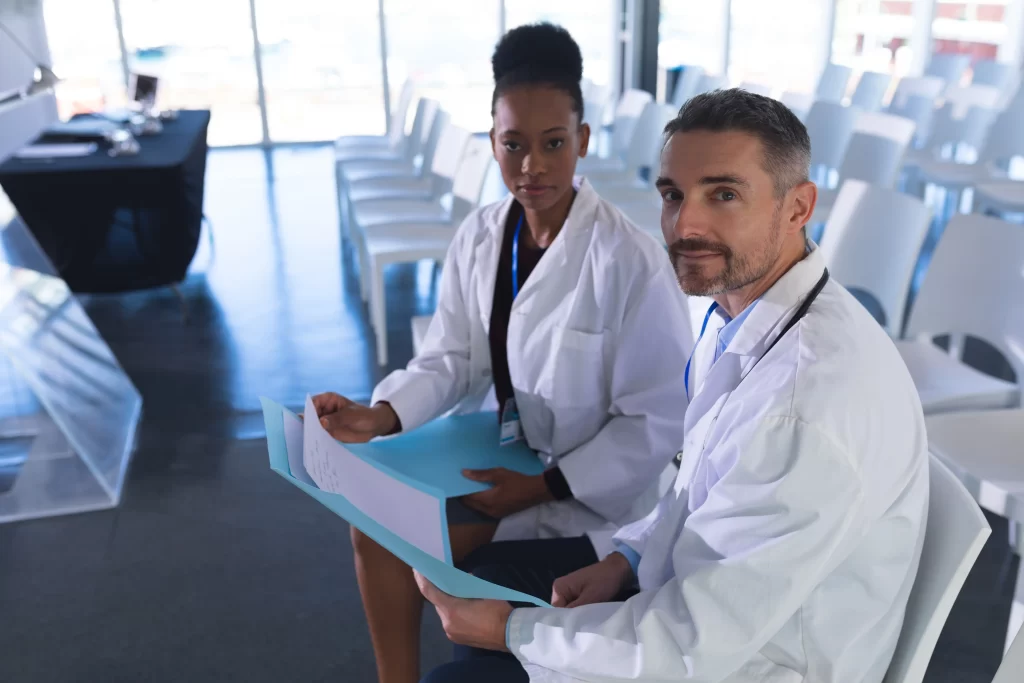
Understanding of Global Health Perspectives
For Caribbean medical students, combining clinical experiences in their home countries and the U.S. offers a unique perspective on global health. Institutions like the Georgetown Public Hospital Corporation (GPHC) in Guyana expose students to healthcare delivery in resource-limited settings. When this experience is complemented with rotations in U.S. hospitals like TMC, students gain a comprehensive understanding of the disparities in healthcare and challenges in global healthcare. This dual exposure fosters adaptability and problem-solving skills, preparing them to be effective practitioners in various settings worldwide.
Access to Cutting-Edge Research and Innovations
U.S. medical institutions are often at the forefront of medical research and innovation. During clinical rotations, students may have opportunities to participate in research projects, clinical trials, and academic conferences. Engaging in these activities enhances their medical knowledge and allows them to contribute to advancements in the field. This experience is invaluable for those interested in medical research or academic careers.
Cultural Immersion and Personal Growth
Living and working in the U.S. during clinical rotations is an enriching cultural experience. Students adapt to new environments, navigate different social norms, and build independence. This personal growth translates into increased confidence and resilience—traits that are beneficial both personally and professionally. Adapting to new situations is particularly important in medicine, where practitioners often face unpredictable and high-pressure scenarios.
Conclusion
U.S. clinical rotations provide Caribbean medical students with a distinctive edge encompassing professional, academic, and personal development. The benefits are multifaceted, from exposure to advanced healthcare systems and diverse patient populations to enhanced residency opportunities and personal growth. Institutions like Texila American University recognize the value of these rotations and have established partnerships with hospitals like the Tucson Medical Centre to facilitate this experience.
For Caribbean medical students aiming to make a significant impact in the medical field, participating in U.S. clinical rotations is more than just a requirement—it’s a transformative experience that equips them with the skills, knowledge, and perspectives needed to excel in a global healthcare environment. As healthcare evolves, navigating different systems, understanding diverse patient needs, and adapting to technological advancements will be crucial. U.S. clinical rotations offer the perfect platform to develop these competencies, giving Caribbean medical students the edge they need to become the healthcare leaders of tomorrow.
About Texila American University’s Clinical Rotations
Texila American University (TAU) offers clinical rotations at the Georgetown Public Hospital Corporation (GPHC) in Guyana and the Tucson Medical Centre (TMC) in Arizona, USA. These rotations are integral to TAU’s medical programs, providing students with hands-on training and exposure to various medical specialities.
At GPHC, students experience healthcare delivery in a developing country, gaining insight into the challenges and innovations in resource-limited settings. The hospital is Guyana’s most prominent national referral centre, offering a unique learning environment.
At TMC, students immerse themselves in a high-tech healthcare environment. TMC is a non-profit regional hospital renowned for its dedication to excellence in patient care and medical education. The Joint Commission accredits it and is a member of the Mayo Clinic Network.
Both clinical campuses are recognized for their contributions to medical education and are accredited by relevant authorities, ensuring that students receive a quality education that is respected worldwide.
By embracing the opportunities presented through U.S. clinical rotations, Caribbean medical students are at the forefront of global medicine, ready to meet the evolving needs of patients and communities worldwide.
FAQ


